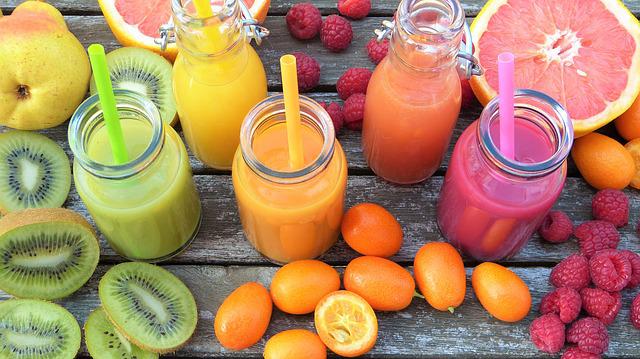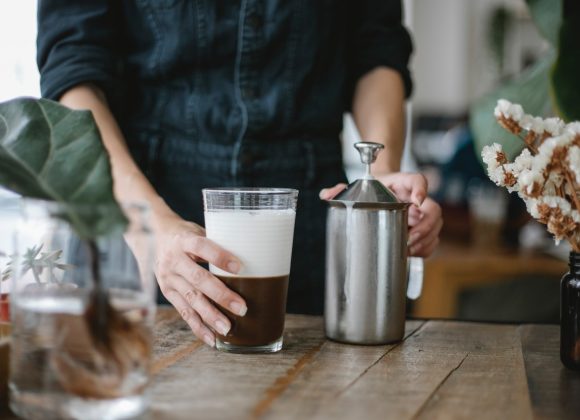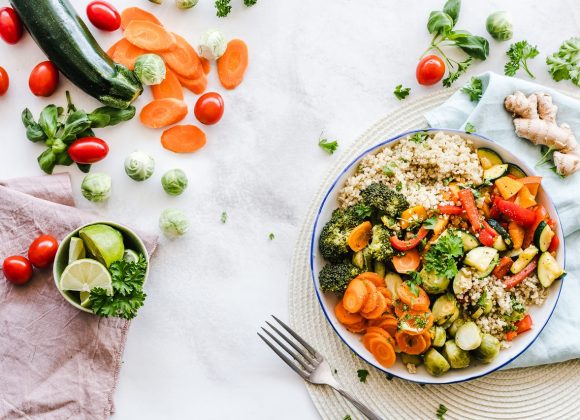There are numerous fruit juices that we can consume. Orange juice, cranberry juice, apple juice, and other juices are examples. Fruit juices have a variety of health benefits. And there is no such thing as “bad” juicing fruit.

Fruits are high in essential vitamins, minerals, phytonutrients, and fibers that your body requires, so any fruit you put in your juicer will be beneficial. The method used to make fruit juice varies depending on the fruit, but many manufacturers make juice by crushing or “pressing” the fruit to extract the juice inside, then pasteurizing or adding preservatives before packaging the finished product.
If you’re new to juicing, it’s a good idea to start with the fundamentals, such as how much juice you can expect from different fruits and which are the most nutrient-dense. Which fruits are best for juicing? Apples, oranges, grapes, and so on. To help you decide where to begin, we’ve compiled a list of our top ten favorite juicing fruits.
1. Apple
Apples are one of the most popular fruits to juice in the world. They’re high in fiber and potassium and have anti-inflammatory and allergy-fighting properties. But be careful not to drink too much apple juice. Both the sugar and simple carbohydrate content is high. Use apple juice to make warm cider, hard cider, or a refreshing cold drink.
2. Oranges
Oranges, known for their high vitamin C content, are another popular juicing fruit. They are a natural immune booster. Drink orange juice fresh for the best results, as some orange varieties contain a lot of limonin, which can make your juice bitter. Read our article on What Kinds of Oranges are Best for Juicing for the best juicing oranges.
3. Tart cherry
Tart cherries contain anthocyanins, which are red and purple plant pigments that have high antioxidant activity and help to reduce inflammation. The anthocyanins and tryptophan compounds in tart cherry juice increase the production of the sleep-inducing hormone melatonin.
4. Cranberry
Cranberry juice is also high in anthocyanins. Cranberry juice is high in antioxidants that protect cells, including vitamins C and E. It is also anti-inflammatory, which may help to alleviate symptoms of rheumatoid arthritis (RA) and offer protection against heart disease.
5. Grapes
Grape juice may be too sweet for some, but it has the ability to lower LDL cholesterol, lower the risk of blood clots, and lower blood sugar levels. Seedless grapes, such as red or green table grapes, can be juiced directly in the juicer.
6. Watermelon
Watermelon juice is promoted as an excellent low-sugar beverage for sports rehydration. Watermelon contains the amino acid L-citrulline, which helps move lactic acid out of muscles, reducing soreness and fatigue, which is another reason to drink it after a strenuous workout.
7. Pomegranates
Pomegranates are a superfood that is recommended by both doctors and nutritionists. They are high in antioxidants and have been shown to help fight cancer, Alzheimer’s, arthritis, and heart disease. They’re sweet, have a mild flavor, and a stunning color. Pomegranates can be difficult to peel, so plan on spending some extra time on preparation.
8. Blueberry
Blueberries are another antioxidant pioneer that are high in essential B vitamins. They can alleviate depression, prevent aging, and fight cancer. However, blueberries are tiny, and you’ll need a lot of them to make enough juice to fill a glass.
9. Pineapples
Tropical pineapple juice is naturally sweet, but it pairs well with creamy, mild coconut milk. Pineapples are high in vitamin C and manganese, and they are the only food source of bromelain, an anti-inflammatory enzyme that has been shown to aid in the healing of muscle injuries.
10. Lemonade
Fresh lemon juice isn’t drinkable on its own, but it’s delicious in iced tea and fruit smoothies, poured over fish before cooking, and used to flavor desserts. Throw in some lemon juice and other fruits like strawberries and green apples for a refreshing treat on a hot summer day.




